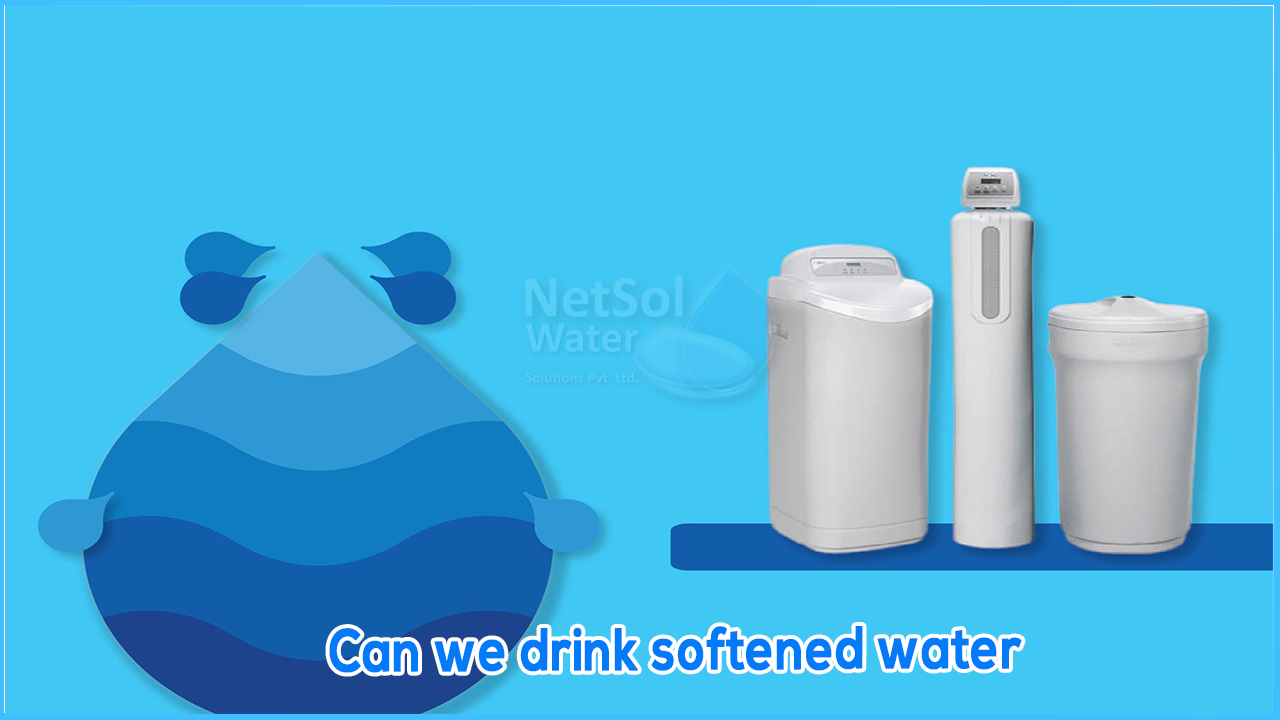Softened water is considered safe to drink in the majority of cases.
How can water that contains salt be safe to drink?
It is OK to consume softened water. There are a few precautionary exceptions, but whether or not you consume, it is largely a question of personal preference. Because some people enjoy the taste of harder water, many people choose to have a drinking water tap installed at the same time as their softener.
Salt is not added to softened water
Because the softening process requires blocks or bags of salt, some people ask if softened water is safe to drink. The softener salt, on the other hand, is only used to soften the resin that acts on the water, no salt is introduced into the water supply. The salt content of softened water rises. Salt is not the same as sodium chloride. Water with a sodium content of up to 200ppm, according to the Drinking Water Inspectorate (DWI), is safe to consume. The softened version is unlikely to exceed this unless your water is quite hard to begin with.
Can you drink softened water?
Water softeners can soften water with up to 435 parts per million of calcium carbonate. Calcium carbonate levels in hard water exceed 200 parts per million. Only the most abrasive water (400-435 ppm calcium carbonate) would surpass the required sodium level. In this instance, we propose using a filtered drinking water tap in conjunction with your softener to provide you with un-softened drinking water. With our water softeners, we include one as standard.
"There are no strong conclusions on whether it creates long-term health hazards," the World Health Organization (WHO) said of drinking softened water. "There are no health-based guidelines offered." There has never been a recorded health concern linked to a water softener in over 90 years. Softened drinking water, on the other hand, is not suggested for mixing infant feeds or for individuals on a low-sodium diet prescribed by a doctor.
Can I drink softened water in my home?
Softened water should not be used to prepare baby food, especially for babies aged six weeks and under. For further information, consult the baby feeding instructions. Because in some babies, kidneys aren't fully formed, baby food is made with the appropriate amount of sodium. The extra salt in softened water throws off this balance, and some babies have been known to become dehydrated as a result. It is not advisable to drink softened water if you have been told by a doctor to follow a low sodium diet. It's critical to get your home's water hardness analysed by a professional to ensure that you get the right water softener for your needs and that you're informed if your softened water has a lot of sodium. This test will be performed by our professionals during the free house demonstration and again after your water softener is installed.
What’s the alternative to drinking softened water?
Because we understand that drinking softened water isn't for everyone, we can include a hard water tap with every water softener installation. Instead of soft water, this tap by passes the water softener and delivers filtered hard water for you and your family to drink. If you don't want to drink softened water, have a young child, or eat a low-sodium diet, you can keep your original drinking water source while your home, finances, and skin benefit from softened water.




